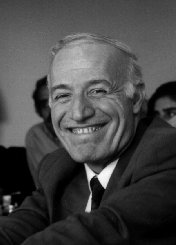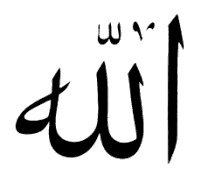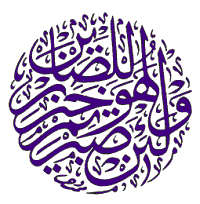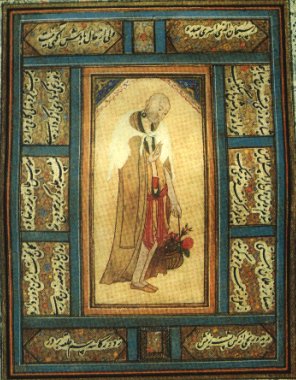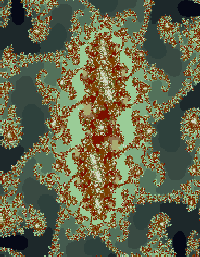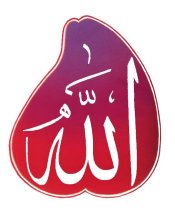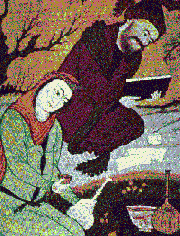A Visit with Dr. Asad Ali
"Welcome, welcome! Peace upon you," he says as he kisses Kabir and then me. His face is as bright as I remembered it. His voice is full with the vigor of life. He smiles broadly when he sees us and he is filled with delight as he introduces us. The living room is filled with people. I recognize the faces of my dear friends and devoted students of Dr. Ali. There is Dr. Ali Himdan, the talented calligraphic artist, and there is Ramadan who is Dr. Ali's nephew. I look around and see the room is as it was seven years ago. The windows are covered with green drapes, and the walls are adorned with Quranic verses and pictures of the sanctuaries of the Prophet and his family. The room is filled with books neatly arranged on shelves with the title of volumes colorfully written across the books' bindings. The furniture is the same simple chairs and couches with Damascene patterned cushions. We have entered into the presence of our master, our living Mawlana.


